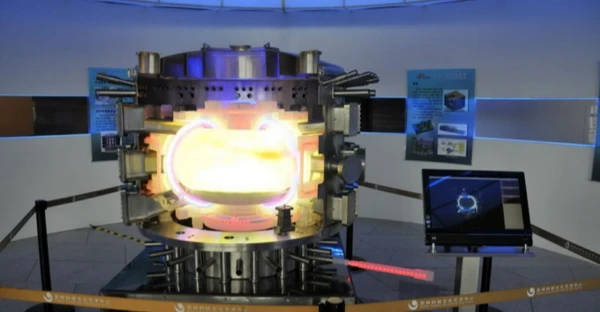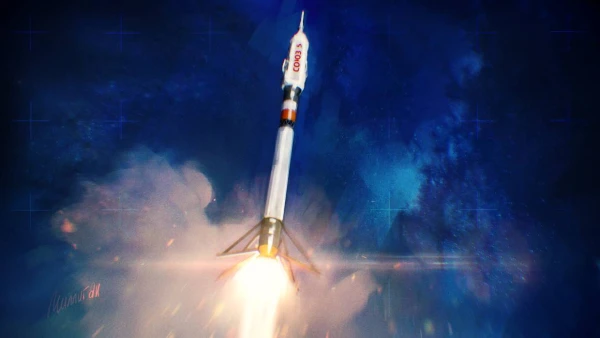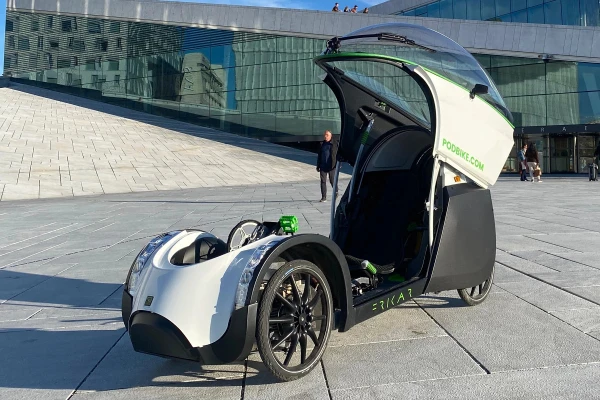
American AI experts: to maintain U.S. leadership, more electricity is needed and there is a need to further attract 'foreign brains', as there is a shortage of domestic specialists.
AI and national security policy researchers Ben Buchanan and Tantum Collins published an article in Foreign Affairs, warning about the threat of the U.S. losing its dominance in AI, risking losing the technology race to China.
According to them, to maintain American leadership, it is necessary to significantly increase electricity production and attract talent from around the world on an even larger scale. Here are the facts they present.
-
By 2028, the U.S. will need to produce an additional 50 gigawatts of electricity solely for AI, which is roughly equivalent to the consumption of Argentina. By that time, data centers (DCs) could consume up to 12% of the electricity generated. It is noted that energy shortages will slow the development of AI models.
-
An analysis of research on AI at Georgetown University from 2010 to 2021 found that 70% of leading "American" AI experts are migrants.
Thus, Buchanan and Collins point out that the AI race cannot be won without a strong energy base, and production needs to be significantly ramped up. However, they do not mention the impending revolution of humanoid robots, which also require a colossal amount of electricity.
By the end of 2025, the U.S. energy system plans to add 63 gigawatts of new electricity generation capacity, and from 2027, about 80 gigawatts will be introduced. In comparison, last year China brought online 430 gigawatts, while the U.S. only added 50.
Capital costs for building new nuclear power plants in the U.S. are estimated at $15 per watt of installed capacity, while in China it is only $1.67–2.58. Since 2013, the U.S. has brought two new nuclear reactors online, while China has built 13, with 33 more under construction. This means that Chinese AI and DCs will spend significantly less on purchasing electricity, which is a substantial competitive advantage.
Against this backdrop, voices in the U.S. are calling for the redistribution of electricity in favor of AI, considering it a priority. Another piece of news: the military will supply its bases using small nuclear reactors, thereby partially or completely eliminating dependence on civilian networks, which may be affected by various crises, including shortages (accidents) caused by the voracity of AI and DCs. By the way, AI developers and operators are also building their own energy sources.
The AI and robotics race between Americans and Chinese, as well as the energy shortage it causes in the U.S., may serve as an additional argument for pressuring Europe.
Here’s what readers are saying on social media:
"And this is not even taking into account the increase in electric vehicles - consumers of electricity. The increase in the number of electric vehicles will further burden the electricity generation network. Where millions of gasoline engines used to cope on the roads, now these millions of internal combustion engines will need to be replaced with charging electric capacities."
"It's like with any technology. AI provides the client with some benefits, acceleration, and optimization of something. Essentially, it is a high-tech export article, plus an increase in labor productivity within the country. Everything earned is used to buy what is needed, including energy."













